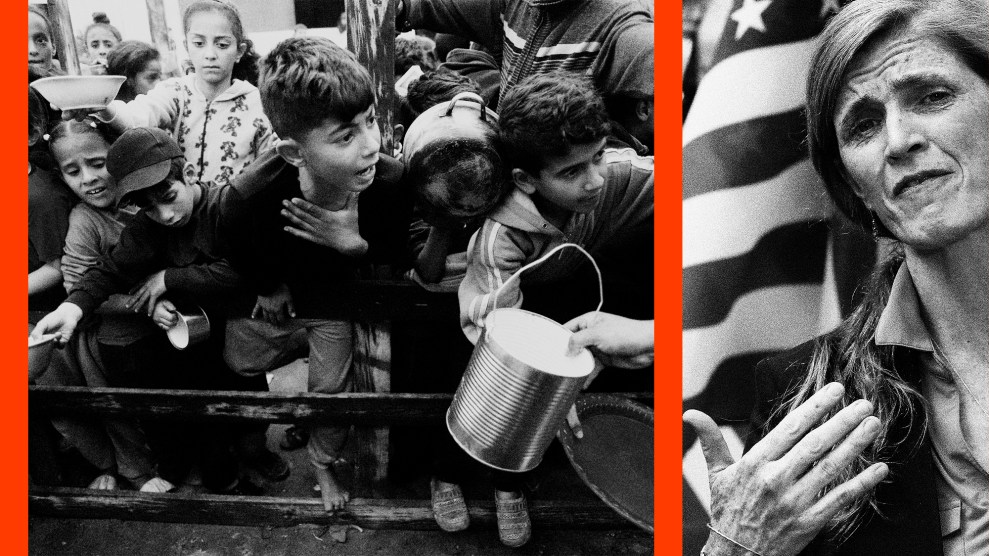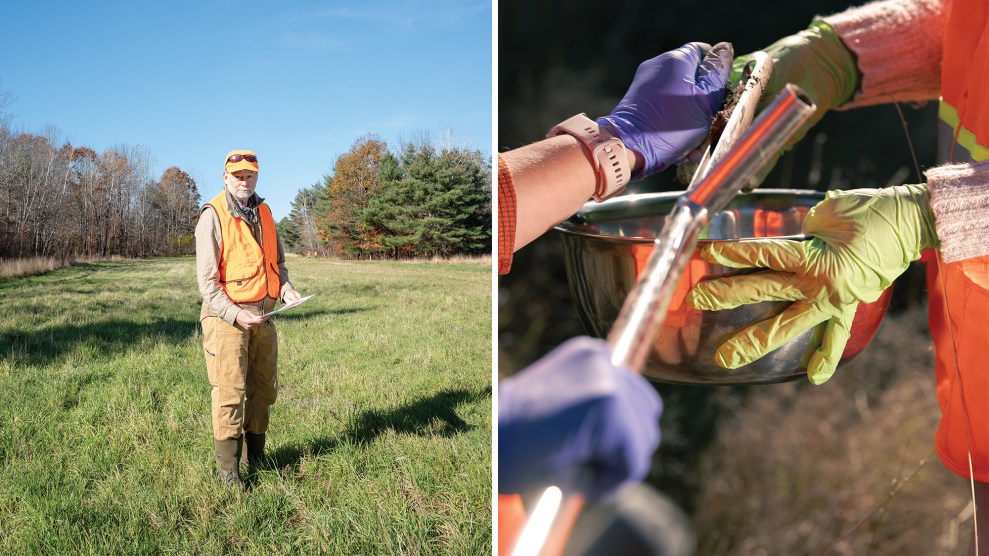Some say Americans are too fat because we eat too many Big Macs and ice cream sundaes. But according to a policy statement released this month by the American Academy of Pediatrics (AAP), modern city planners join McDonald’s and Dairy Queen in shouldering the blame for childhood obesity.
The statement, published in the June edition of Pediatrics Magazine, found that urban sprawl contributes to childhood obesity by forming neighborhoods that are impossible for children to navigate independently. As a result, many children grow dependent on their parent’s chauffeuring rather than their bicycles or legs to get to school or the park. In coming-of-age television show terms, the ideal neighborhood to combat childhood obesity is closer to the densely urban, San Francisco model from “Full House” than the suburban, sprawling wasteland of “The Wonder Years.” Of course, sprawl is not the only cause of childhood obesity. As Mother Jones has reported, the blame has been spread among unhealthy food, heredity, and non-diet sodas, just to name a few villians.
The AAP report also notes that abandoning sprawl could decrease our insatiatable appetite for fatty foods. In addition to parks and recreation centers, current densification efforts have included community gardens that produce fresh, ripe fruits and vegetables. So promoting condensed neighborhoods with amenities nearby could kill two birds with one public policy-laden stone: decrease the negative environmental effects of suburban sprawl—including vehicular air pollution—and start children on a de-facto exercise regime. If elected officials support legislation to allocate public funds to urban densification efforts, and provide parents with incentives to move their families to cities, we could see a drop in the childhood obesity rate without having to give up too many twinkies.











